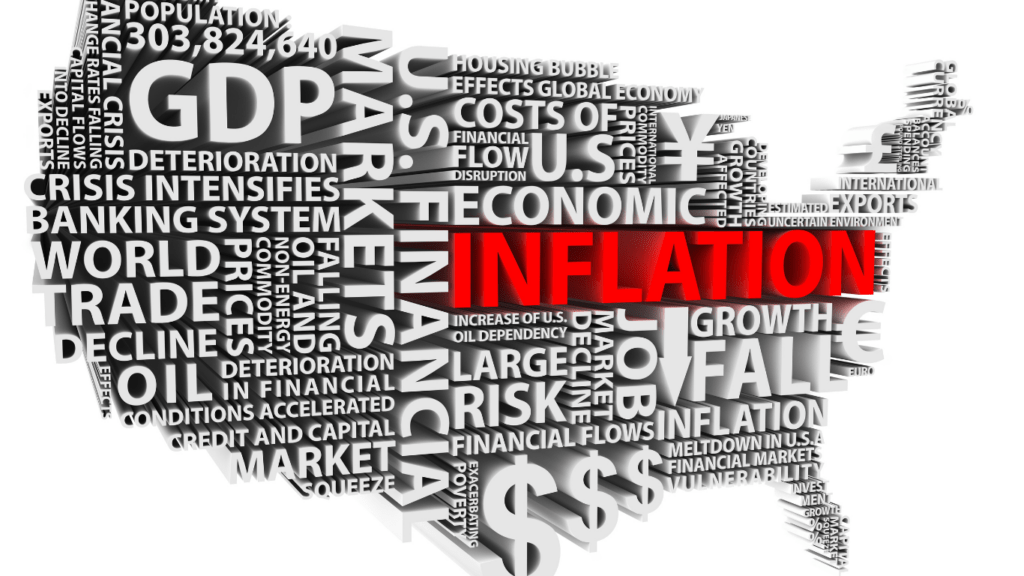Understanding Recessions And Their Impact
Economic downturns can shake financial systems, businesses, and households alike. Recognizing what causes recessions and how they influence stability is essential for staying prepared.
What Is A Recession?
A recession is defined as a temporary economic decline marked by reduced GDP activity for at least two consecutive quarters. It often results from decreased consumer spending, investment, and business output. The National Bureau of Economic Research considers additional factors like employment rates, industrial production, and income levels to confirm economic contractions. Historical recessions, such as the 2008 financial crisis, demonstrate how systemic issues like financial instability can magnify downturns.
How Recessions Affect Financial Stability
Recessions directly impact employment, income levels, and access to credit. Companies often cut jobs or reduce wages, leaving individuals with less disposable income to meet expenses. Stock market volatility erodes savings or retirement funds. Tightened lending criteria during these times limit borrowing opportunities, affecting major purchases or business continuity. For households, higher default risks and depleted savings contribute to financial insecurity.
Building A Financial Safety Net
Having a financial safety net helps maintain stability during a recession. Effective planning and resource management reduce financial stress and provide a buffer against unexpected challenges.
Importance Of Emergency Funds

Emergency funds ensure access to cash for unforeseen expenses like medical bills or urgent repairs. I recommend setting aside 3 to 6 months’ worth of living expenses. This amount covers essentials like:
- rent
- utilities
- groceries
- job loss
A high-yield savings account is ideal for storing this fund since it ensures easy access while earning interest.
Reducing Debt And Managing Expenses
Reducing high-interest debt minimizes financial strain. I focus on paying down credit card balances and loans with the highest interest rates first. This approach, commonly called the “avalanche” method, helps save more over time. Tracking expenses allows me to cut discretionary spending like dining out and streaming services, which redirects funds toward necessary bills and savings. Consolidating loans or negotiating lower interest rates with lenders can provide relief during tight economic periods.
Smart Investment Strategies During A Recession
Recession periods often disrupt markets, but they also offer opportunities for strategic investments. I focus on approaches that balance growth potential and financial security.
Diversifying Your Portfolio
- Spreading investments across various asset classes reduces risk during economic downturns.
- I consider a mix of stocks, bonds, real estate, and commodities to minimize exposure to market volatility.
- Including consumer staples and healthcare stocks can provide stability, as these sectors often remain resilient in recessions.
- Investing in bonds, particularly government-issued ones, offers steady returns with lower risk.
- Exchange-traded funds (ETFs) provide diversification and affordability for those managing smaller portfolios.
Assessing Risk And Opportunity
Analyzing the risk-reward ratio helps identify viable investment options. I evaluate a company’s balance sheet, cash flow, and industry position before investing in their stocks. Businesses with strong fundamentals and low debt tend to outperform in tough markets. I view market downturns as a chance to buy high-quality assets at reduced prices, but I maintain caution to avoid speculative ventures. Opportunities in dividend-paying stocks can ensure cash flow, offering both income and long-term growth. By prioritizing investments in stable and essential industries, I mitigate losses during economic uncertainty.
Increasing Income Streams
Expanding income sources creates financial resilience during a recession. Diversifying earnings minimizes dependency on a single stream, reducing risk during economic uncertainty.
Exploring Side Hustles And Freelancing
Side hustles and freelancing provide flexible ways to increase income. Platforms like Upwork and Fiverr connect professionals with clients in need of services like graphic design, writing, and programming. Selling handmade products or offering local services, such as tutoring or cleaning, serves as another option. Identifying personal skills and matching them with market demand ensures a profitable venture. Even 5-10 extra hours per week can yield supplemental income while maintaining a primary job.
Upskilling And Career Growth
Investing in new skills improves income potential over time. Learning technical skills, such as coding or digital marketing, offers access to higher-paying roles. Free or affordable online resources, including Coursera and Khan Academy, make skill-building accessible during tight financial times. Increasing qualifications within one’s industry, such as obtaining certifications or attending workshops, increases job security and promotion opportunities. Strategic professional development frequently generates long-term financial benefits.
Leveraging Government And Community Resources
Accessing available government and community resources strengthens financial security during a recession. These programs and services provide support to mitigate financial burdens in times of economic decline.
Utilizing Relief Programs
Relief programs, such as unemployment benefits and food assistance, deliver essential support for basic needs. I explore platforms like Benefits.gov to identify federal and state programs suited to my circumstances. For example, the Supplemental Nutrition Assistance Program (SNAP) helps reduce grocery expenses, while the Low Income Home Energy Assistance Program (LIHEAP) assists with utility bills. Tax relief options, like earned income tax credits (EITC), also improve financial outcomes for eligible individuals during recessions.
Forgiveness or forbearance programs, often available for federal student loans and mortgages, provide temporary payment relief. I contact lenders and servicers to inquire about eligibility, ensuring compliance with application deadlines. These programs protect credit scores and preserve cash flow by reducing immediate financial obligations.
Community Support And Financial Counseling
Local community organizations offer services such as free meal programs, clothing drives, and short-term housing assistance. I connect with nearby non-profits using platforms like 211.org to locate relevant resources. Faith-based groups and community centers often extend similar aid, creating safety nets for households.
Financial counseling services, provided by agencies accredited by the National Foundation for Credit Counseling (NFCC), deliver personalized advice to manage debt and expenses. I leverage these services to create repayment plans, avoid credit damage, and develop budgets that align with my income levels. Community-based workshops on financial literacy also empower individuals with skills to navigate economic downturns effectively.





